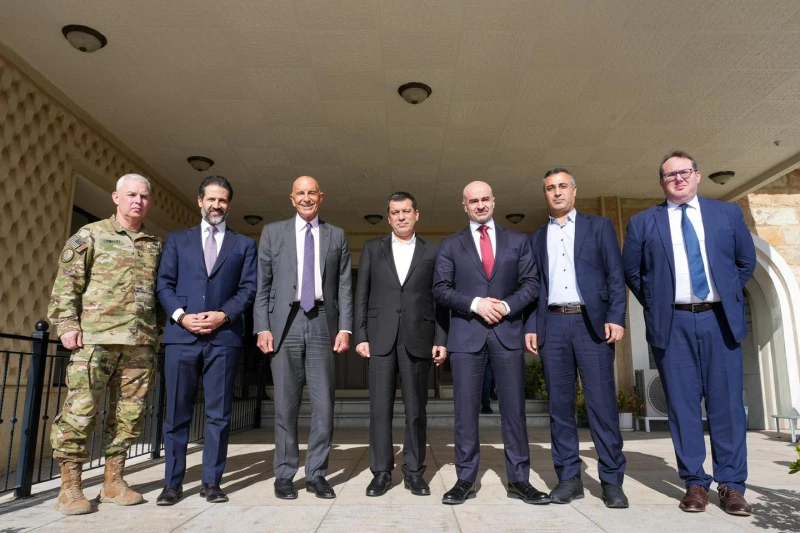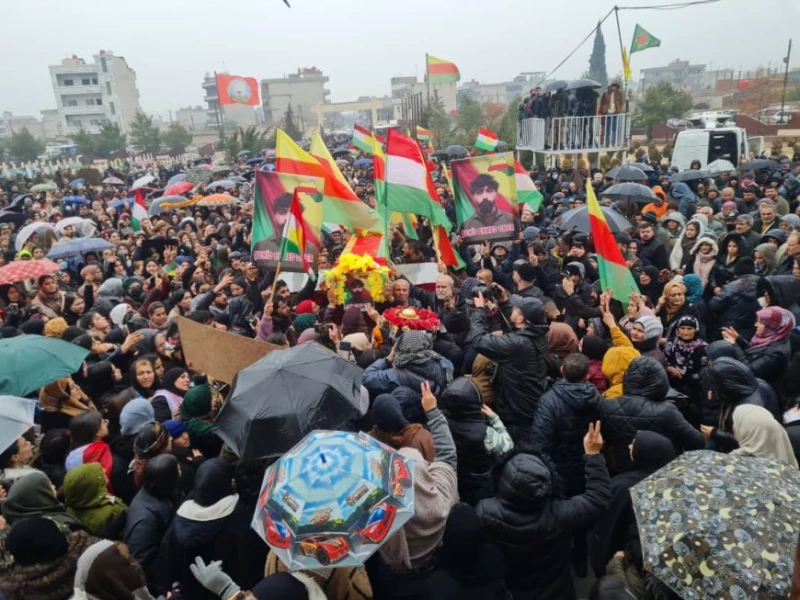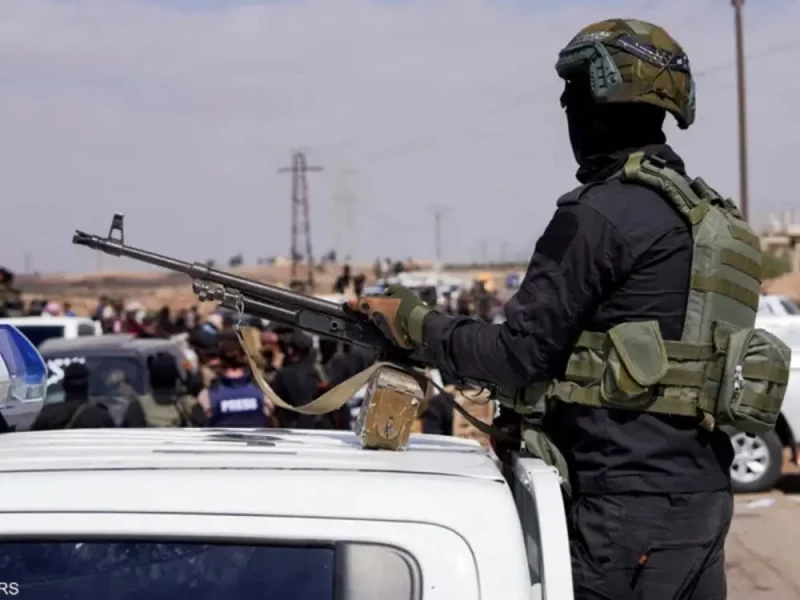ERBIL, Kurdistan Region of Iraq - The Kurdish led Autonomous Administration of North and East Syria (AANES) on Sunday denounced the order that excludes Kurdish and Druze majority areas in the upcoming Syrian electoral process, framing it as undemocratic.
The Syrian transitional government under Ahmed al-Sharaa on Saturday announced the postponement of the electoral process in the Suwayda, Hasakah, and Raqqa provinces, citing security concerns due to not falling under the control of the Syrian state.
Nawar Najma, an electoral official, told state media that the election process is a “sovereign matter and must be held within territories controlled by the state, which fully controls its official departments.”
In an official statement on Sunday, AANES rejected the decision, describing it as unilateral.
“We reject any measures or decisions imposed with a unilateral mentality that ignores the sacrifices and legitimate rights of all components. We will not be concerned with implementing any decision taken within this exclusionary approach, nor will we consider it binding on the peoples and regions of north and east Syria,” read the statement.
The Autonomous Administration claimed that holding the elections in this state is “an attempt to marginalize and exclude nearly half of Syrians from this process,” adding that the exclusionary order is “conclusive evidence that the so-called elections are a formal step that do not meet the requirements of the comprehensive political solution needed by the Syrians.”
The statement also denied the accusations that areas within its control lack security standards, asserting “the regions of north and east Syria are the safest compared to other parts of Syria,” and that these allegations are formed to “justify the policy of denial.”
Both the Kurds and the Druze have advocated time and again for a decentralized or federal system of authority, whereby they retain a degree of self-governance in their own territories, a proposal firmly rejected by the Damascus government.
A conference earlier in August brought together the different components, including Kurds, Arabs, Syriacs, Assyrians, Turkmens, Armenians, and Circassians, in the city of Hasakah and saw the representatives call for a decentralized state. A Syrian government official slammed the results of the conference a day later, saying the event violated previous agreements.
Since the collapse of the Baath regime, the Syrian government has been complicit in numerous acts of aggression against the Alawite and Druze minorities. The UK-based Syrian Observatory for Human Rights (SOHR) in late July tallied over 1,260 total dead since the breakout of armed hostilities in the vicinity of Syria’s Druze-majority Suwayda on July 13.
Sharaa’s government has also engaged in various armed altercations with the Kurdish-led Syrian Democratic Forces (SDF), predominantly in Deir ez-Zur province. With both sides accusing the other of violating the March agreement concerning the integration of the Kurdish armed groups into the new Syrian government.
SANA on Wednesday reported that Syrian President Ahmed al-Sharaa had issued a decree prohibiting “the candidacy of advocates of division, secession, reliance on foreign powers, and supporters of the defunct regime.”
Taha al-Ahmed Chairman of the Higher Committee for People’s Assembly Elections in late July told state media that the election process is scheduled to take place between September 15 and 20, adding that the seats have increased from 150 to 210.
He further noted that Syria’s President Ahmed al-Sharaa will appoint one-third of the candidates
This will be the first election held in Syria following the collapse of Bashar al-Assad’s Ba’athist Regime.
Reporting by Hevi Karam



 Facebook
Facebook
 LinkedIn
LinkedIn
 Telegram
Telegram
 X
X


